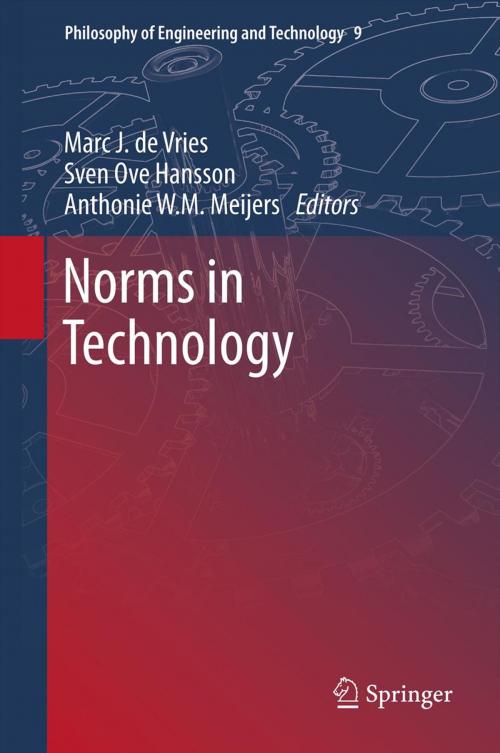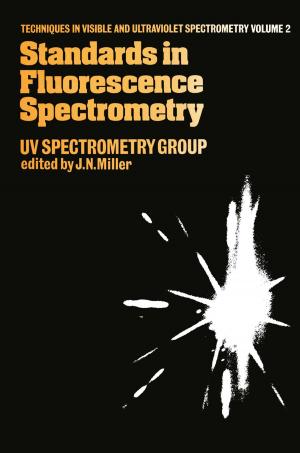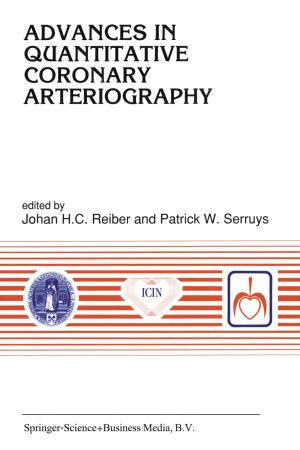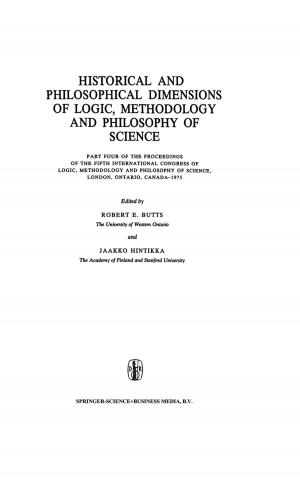| Author: | ISBN: | 9789400752436 | |
| Publisher: | Springer Netherlands | Publication: | November 30, 2012 |
| Imprint: | Springer | Language: | English |
| Author: | |
| ISBN: | 9789400752436 |
| Publisher: | Springer Netherlands |
| Publication: | November 30, 2012 |
| Imprint: | Springer |
| Language: | English |
This book is a distinctive fusion of philosophy and technology, delineating the normative landscape that informs today’s technologies and tomorrow’s inventions. The authors examine what we deem to be the internal norms that govern our ever-expanding technical universe. Recognizing that developments in technology and engineering literally create our human future, transforming existing knowledge into tomorrow’s tools and infrastructure, they chart the normative criteria we use to evaluate novel technological artifacts: how, for example, do we judge a ‘good’ from a ‘bad’ expert system or nuclear power plant? As well as these ‘functional’ norms, and the norms that guide technological knowledge and reasoning, the book examines commonly agreed benchmarks in safety and risk reduction, which play a pivotal role in engineering practice.
Informed by the core insight that, in technology and engineering, factual knowledge relating, for example, to the properties of materials or the load-bearing characteristics of differing construction designs is not enough, this analysis follows the often unseen foundations upon which technologies rest—the norms that guide the creative forces shaping the technical landscape to come. The book, a comprehensive survey of these emerging topics in the philosophy of technology, clarifies the role these norms (epistemological, functional, and risk-assessing) play in technological innovation, and the consequences they have for our understanding of technological knowledge.
This book is a distinctive fusion of philosophy and technology, delineating the normative landscape that informs today’s technologies and tomorrow’s inventions. The authors examine what we deem to be the internal norms that govern our ever-expanding technical universe. Recognizing that developments in technology and engineering literally create our human future, transforming existing knowledge into tomorrow’s tools and infrastructure, they chart the normative criteria we use to evaluate novel technological artifacts: how, for example, do we judge a ‘good’ from a ‘bad’ expert system or nuclear power plant? As well as these ‘functional’ norms, and the norms that guide technological knowledge and reasoning, the book examines commonly agreed benchmarks in safety and risk reduction, which play a pivotal role in engineering practice.
Informed by the core insight that, in technology and engineering, factual knowledge relating, for example, to the properties of materials or the load-bearing characteristics of differing construction designs is not enough, this analysis follows the often unseen foundations upon which technologies rest—the norms that guide the creative forces shaping the technical landscape to come. The book, a comprehensive survey of these emerging topics in the philosophy of technology, clarifies the role these norms (epistemological, functional, and risk-assessing) play in technological innovation, and the consequences they have for our understanding of technological knowledge.















